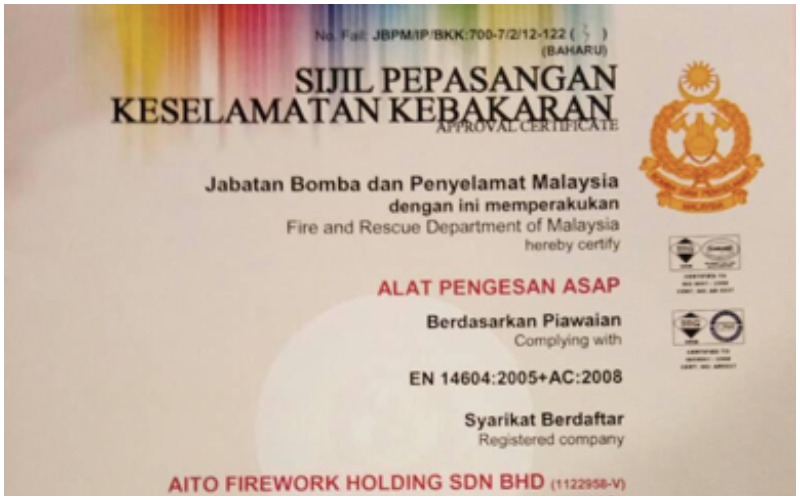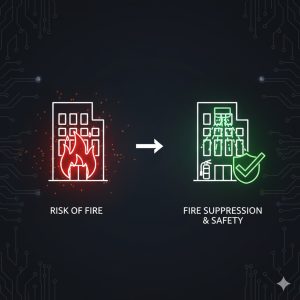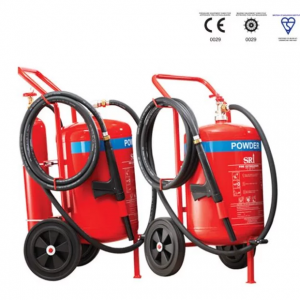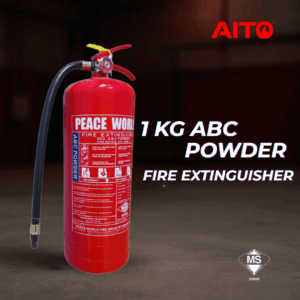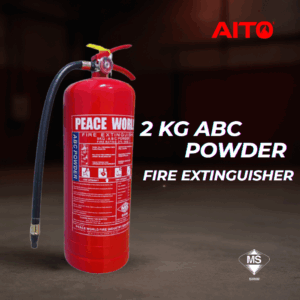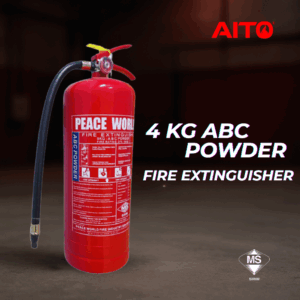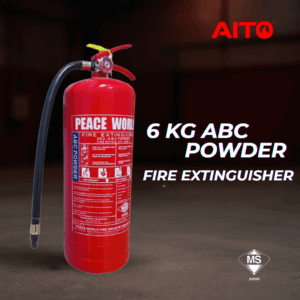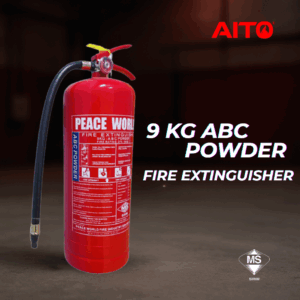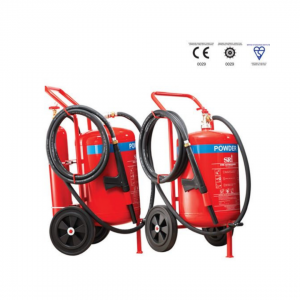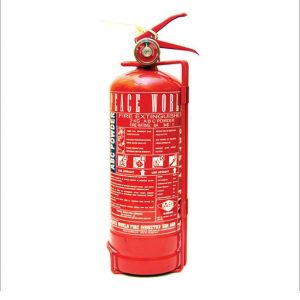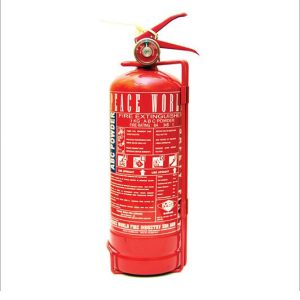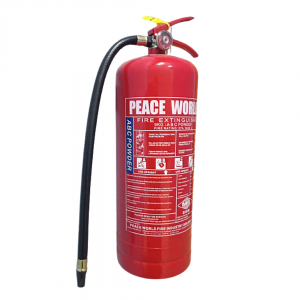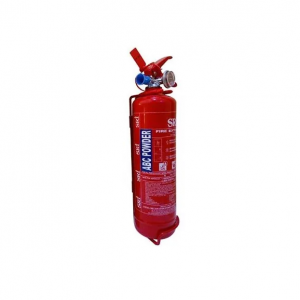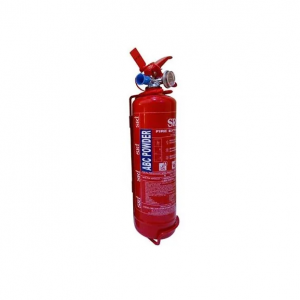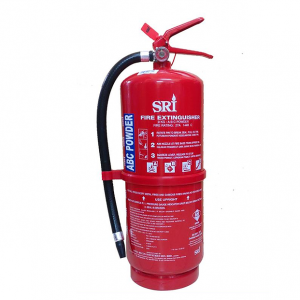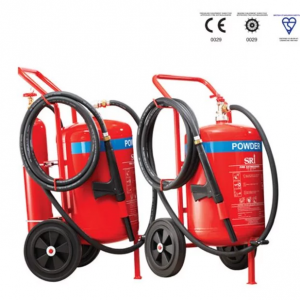Fire Certificate Renewal Continued Compliance and Safety
Fire certificates are crucial documents that verify a building’s adherence to fire safety regulations and standards. They are often required by local authorities to ensure that buildings meet the necessary fire safety measures. Renewing a fire certificate is an essential process that ensures continued compliance with evolving safety standards and regulations. However, this article outlines the importance, process, requirements, and benefits of fire certificate renewal.
Importance of Fire Certificate Renewal
- Maintaining Safety Standards: Regular renewal ensures that the building continuously meets updated fire safety standards, reflecting any changes in regulations or building usage.
- Legal Compliance: Staying compliant with local fire safety laws and regulations is mandatory. In addition, failure to renew the certificate can result in legal penalties, fines, or closure of the premises.
- Occupant Safety: Ensuring that all fire safety measures are up-to-date protects the lives of occupants, providing peace of mind to residents, employees, and visitors.
- Insurance Requirements: Many insurance companies require a valid fire certificate for policy issuance or renewal. An up-to-date certificate can prevent potential issues with insurance claims.
Process of Fire Certificate
- Pre-Inspection Preparation: Gather all relevant documents, including previous fire certificates, maintenance records of fire safety equipment, and any documentation of fire safety drills and training.
- Fire Safety Audit: Conduct a comprehensive fire safety audit. This involves inspecting fire alarms, sprinkler systems, fire extinguishers, emergency exits, and other fire safety installations.
- Addressing Deficiencies: If any deficiencies or non-compliance issues are identified during the audit, take corrective actions to rectify them. This might involve repairing or replacing faulty equipment, updating evacuation plans, or conducting additional training sessions.
- Submission of Application: Complete the fire certificate renewal application form, including all required documentation and evidence of compliance with fire safety standards.
- Official Inspection: A fire safety officer or an authorized inspector will visit the premises. Then, they will conduct a thorough inspection, verifying the implementation of fire safety measures.
- Issuance of Certificate: If the building meets all required standards, a renewed fire certificate will be issued. This certificate typically includes the validity period and any conditions that need to be met for continuous compliance.
Requirements
- Up-to-Date Fire Safety Equipment: Ensure all fire safety equipment, such as fire alarms, extinguishers, and sprinklers, are regularly maintained and in good working condition.
- Fire Safety Training: Conduct regular fire safety training and drills for occupants to ensure everyone knows how to respond in case of an emergency.
- Documentation: Maintain comprehensive records of all fire safety measures, including inspection reports, maintenance logs, and training records.
- Compliance with Current Regulations: Stay informed about any changes in fire safety regulations and ensure the building complies with the latest standards.
Benefits of Fire Certificate Renewal
- Enhanced Safety: Continuous adherence to fire safety standards reduces the risk of fire incidents and ensures a safe environment for occupants.
- Legal Protection: Regular renewal demonstrates compliance with legal requirements, protecting the building owner or manager from potential legal issues.
- Insurance Benefits: A valid fire certificate can help in obtaining or renewing insurance policies and may result in lower premiums.
- Reputation Management: Demonstrating a commitment to safety can enhance the reputation of a business or residential complex, attracting tenants, customers, and clients.
Conclusion
Fire certificate renewal is a vital process for maintaining fire safety and compliance with regulations. By regularly renewing the fire certificate, building owners and managers can ensure that their premises are safe. Moreover, they legally compliant, and well-prepared to handle any fire emergencies. The process involves a thorough inspection, addressing any deficiencies, and maintaining accurate documentation. Finally, they will ultimately contributing to the overall safety and well-being of occupants and the protection of property.

